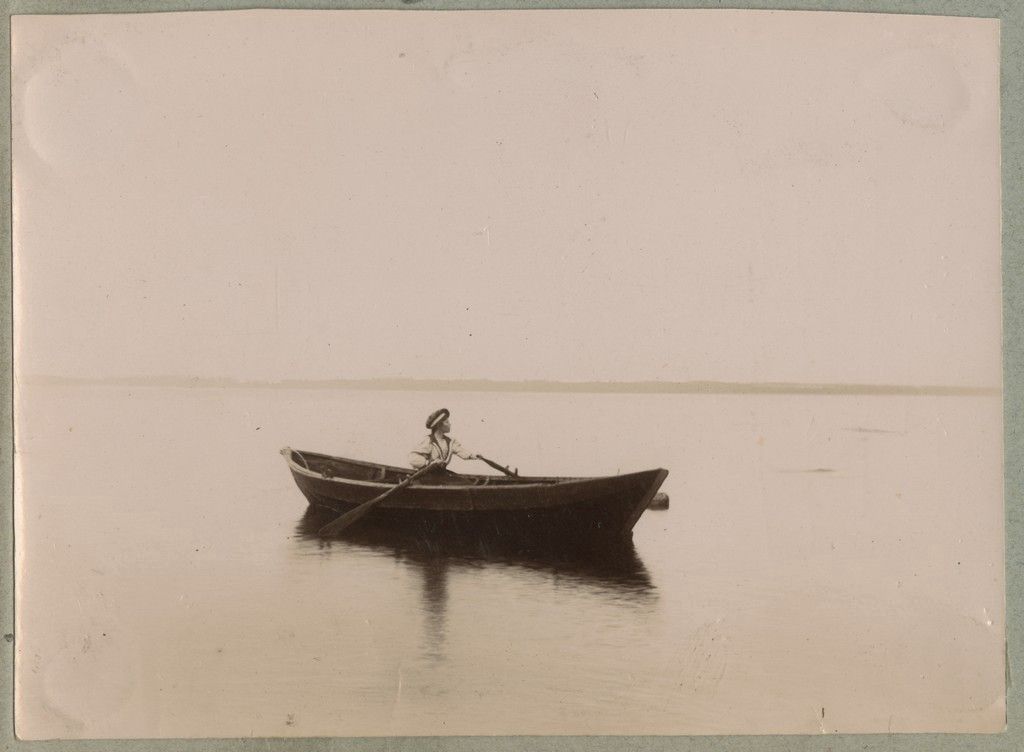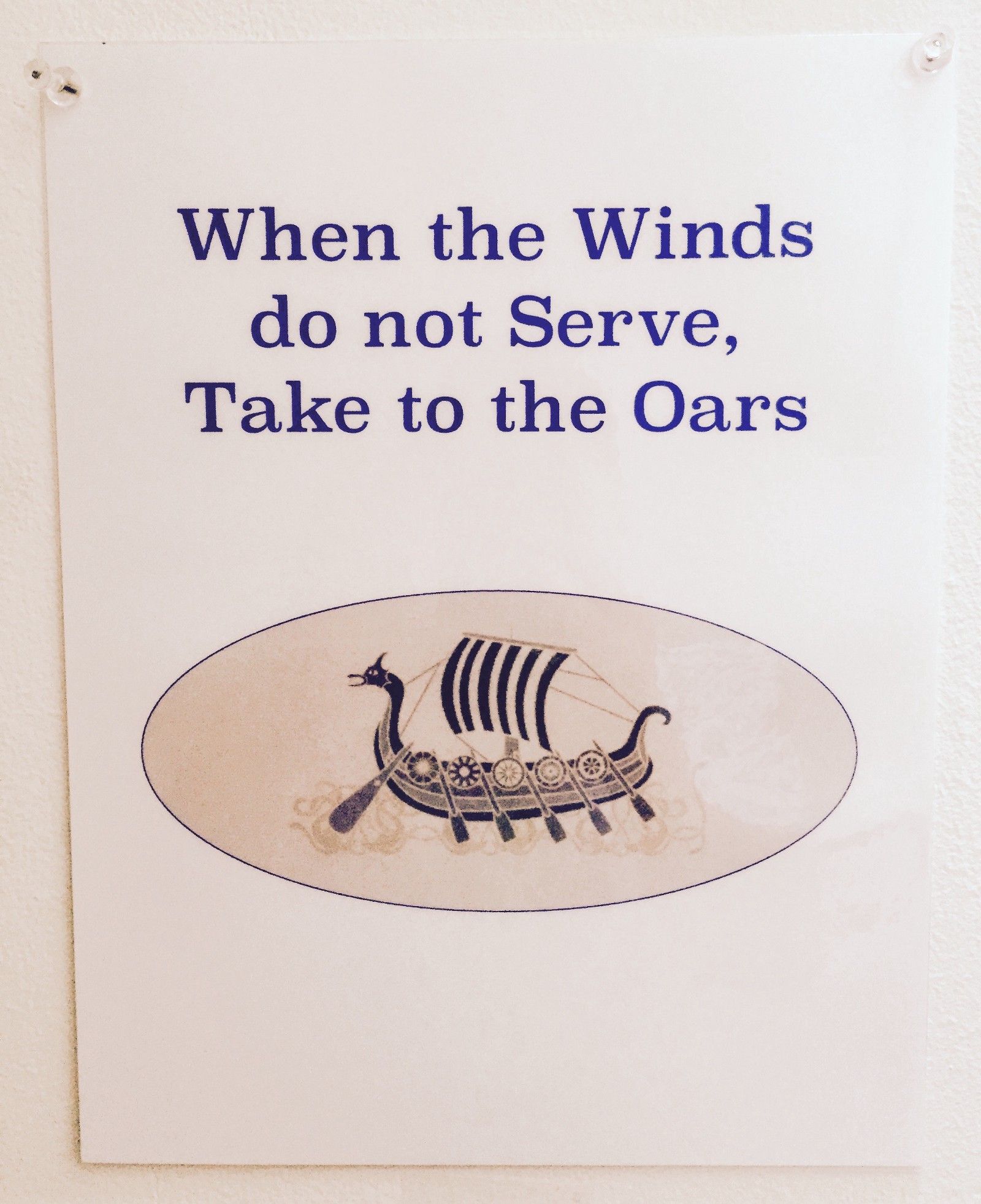Take to the Oars
When the winds do not serve...

“When the winds do not serve, take to the oars” — Latin Proverb
If you visit Tradecraft, you’ll notice this quote hanging on the wall. It embodies a mindset we witness time and again in individuals who are successful in our program, and who go on to build amazing careers in Silicon Valley: resilience.
Why Resilience?
Learning new things is (and I believe, should be) an uncomfortable process. It involves working outside your comfort zone, making mistakes, and trying again with only slightly better information.
When roadblocks arise it is easy to fall into an “axe-murderer narrative” — seeking something or someone to blame for our setbacks.
“The client couldn’t understand my design decision.”
“That hiring manager never responded to my email.”
“My teammate dropped the ball.”
This type of thinking prevents us from taking responsibility for a situation. It traps us into the belief that we have no control over the outcome. This is the start of a dangerous cycle.
Every so often a new member of our program will ask one of our Track Leads, “can’t you just tell me how to do it, so I can move on?”
Sure we can.
But if we continually tell you the answers, then what happens when you join a startup where no one has time to explain the things you need to know?
Developing Resilience
So, how exactly does one develop resilience?
The best way I’ve witnessed is to take on progressively challenging projects until the wind at your back dies down.
And when that happens, take to the oars.
Created bugs in your code? Take to the oars and start writing tests.
Client couldn't understand your design decisions? Take to the oars and try something new, or figure out how to sell them on what you have.
Hiring manager won't respond? Take to the oars and rewrite the cold emails you're sending.
Teammate dropped the ball? You guessed it– take to the oars and pick it back up.
To be clear, resilience doesn’t mean trying the same thing over and over again while expecting different results. That’s insanity. Resilience is treating mistakes as information and making a more informed attempt the next time. Then repeat.
Get feedback. Then, get rowing.

